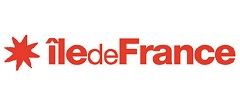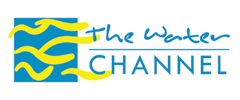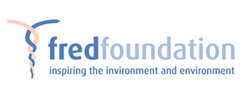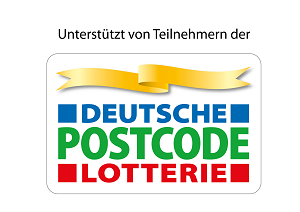Nestle violates UN resolutions by Launching its new BabyNes feeding system in Switzerland
Nestlé is embarking on a new violation of World Health Assembly marketing requirements for breastmilk substitutes after refusing earlier this month to stop the vast majority of violations in the latest global monitoring report, presented in Geneva.
25.05.2011 |Baby Milk Action Press Release
The World Health Organisation recommends exclusive breastfeeding for the first 6 months of life, followed by continued breastfeeding into the second year of life alongside complementary food.
The new product clearly aims to increase Nestlé's profits from products which already have one of the highest markups on the supermarket shelves.
Nestlé says the ‘state-of-the-art technology’ is based on its Nespresso coffee machine, stressing its convenience and safety but playing down the inherent risks which relate not only to the shortcomings in the formula itself, but to the water, the bottles, teats and to the many problems caused by not breastfeeding. (1) The system does not follow WHO guidance which requires all water - even bottled water - to be boiled before being added to powdered infant formula at no less than 70 degrees C. This important decontamination step is needed because powdered formulas may be intrinsically contaminated with harmful pathogens, such as Enterobacter Sakazakii. (2)
Such a complicated system - like the Nespresso machine - seems also to need a 24-hour after sales service - assuring Nestlé contact with mothers - something that is totally forbidden by the World Health Assembly requirements which also warn that infant feeding information should be free from conflicts of interest. (3)
The International Code of Marketing of Breastmilk Substitutes and subsequent, relevant Resolutions of the World Health Assembly forbid the promotion of all breastmilk substitutes including formulas, feeding bottles and teats in ALL countries. A fact that Nestlé and all the baby food companies ignore, abiding by the rules only when forced to do so by national legislation or when publicly exposed.
This week, Save the Children Australia, Oxfam, Care and 13 other Aid agencies working in Laos wrote a letter to Nestlé, about the company's continued marketing of formula which "still jeopardizes the health of infants and children in Laos."
Patti Rundall, OBE, Policy Director of Baby Milk Action, says:
"If this new very expensive and environmentally wasteful system was an important advance in consumer safety - Nestle should provide health workers with scientific and factual information which would enable them to properly evaluate its benefits or risks. Instead Nestle press releases and promotes it on its website and Facebook claiming it provides the "utmost safety and convenience." It would have far more impact on the health of babies - including those fed on formula - if Nestlé stopped using promotional claims and brought its product labels into line with WHO requirements. This means warnings and instructions that alert parents to the many inherent risks of artificial feeding - including pointing out that powdered formula is not a sterile product that may contain bacteria. If there is powder in the capsule then it must be added to water at 70degrees so how can this be done and cooled in one minute?"
IBFAN's monitoring shows that Nestle continues to systematically violate the UN requirements all over the world unless there are laws in place to stop it. In response to the latest report, launched earlier this month, Nestle said it would stop only 4 of the highlighted examples (and only then after supporters of the Nestlé boycott had sent it thousands of emails), clearly indicating that it is intending to continue with 97% of the rest.
The latest State of the Code chart from IBFAN shows 67 countries have introduced legislation, but where this is lacking or ineffective companies should still abide by the Code. This promotion is clearly illegal in countries such as India which has fully implemented the Code and where a leading bottle and teat company has already been taken to court for press releasing information about its own ‘innovative’ feeding bottle and later pulled out of the market.
The full press release can be found here
Related News
Meet the Winners of the Gender Just Climate Solutions Award at COP24
On the 70th anniversary of the Universal Declaration of Human Rights, we awarded Gender Just Climate Solutions Winners at the climate negotiations in Katowice, Poland
11.12.2018
Invitation: Gender Just Climate Solutions Award 2018
10 December, COP24 Katowice
04.12.2018
Getting to the Future We Want
4-7 November, Brussels: European Environmental Bureau’s (EEB) Annual Conference
12.11.2018
GoodFood4All
WECF and partners all over Europe start GoodFood4All Campaign
06.11.2018
#Ruralwomen: join our Women2030 campaign!
15.10.2018







































